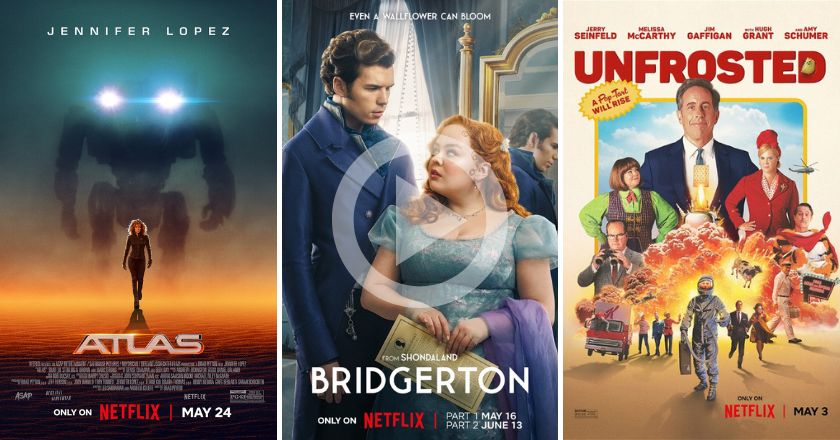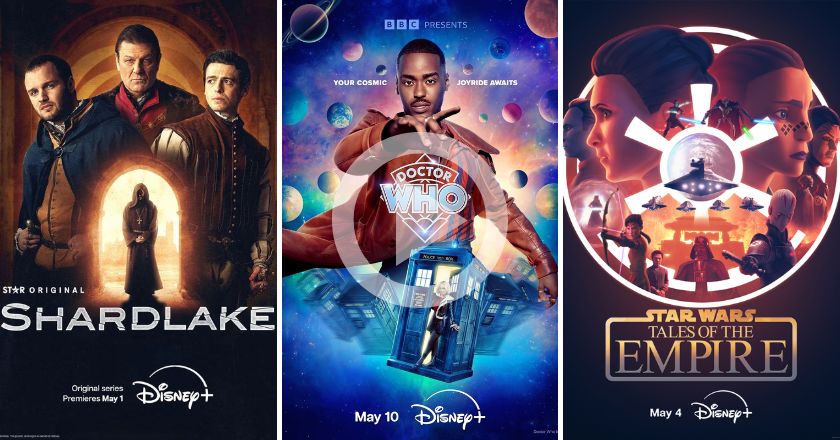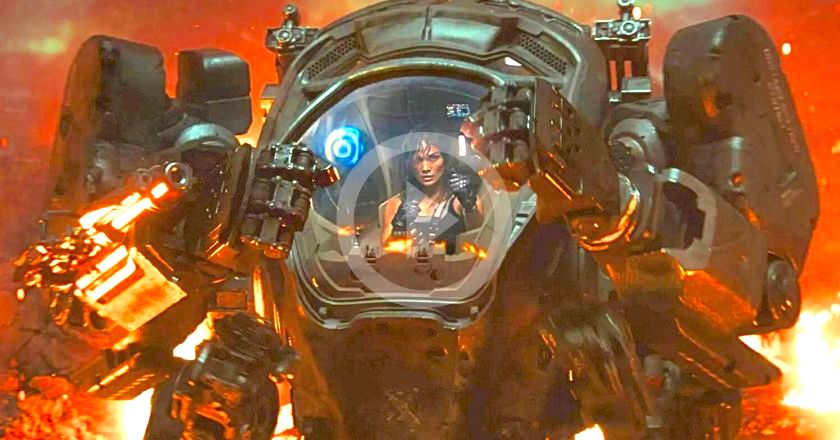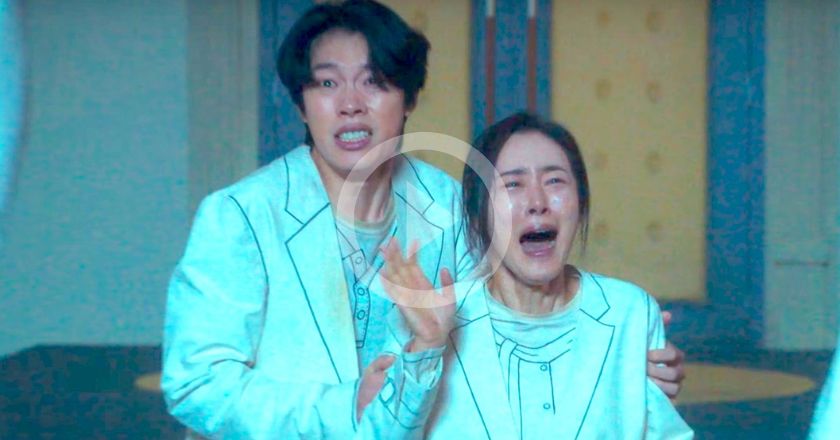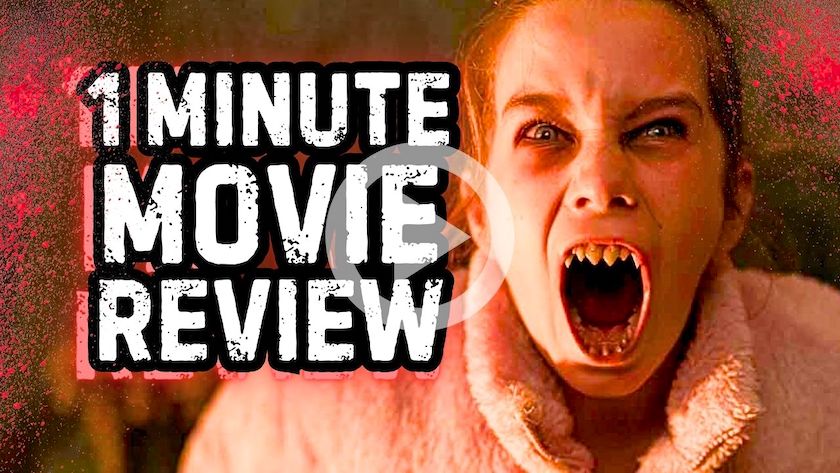
Perhaps something to do with the fact that it wasn’t exactly a star-making film for those involved, nor did it clean up awards or break the box office, but despite all the acclaim that Children of Men film received, somehow it still feels consistently underrated. It’s a brilliant and important film, and deserves to be heralded as a modern classic. Director Alfonso Cuarón is probably most notable in the public lexicon as the guy who started the darker tones of the Harry Potter universe with Harry Potter and the Prisoner of Azkaban in 2004, or more recently with his Oscar-winning work in Gravity (2013).
The film is virtually timeless, with its “near-future” setting always leading the viewer to believe that this reality is potentially on the horizon. As we look around the world now and see aspects of this film in everyday life with mass immigration policy, terrorism and political influences on mass media, the unfortunate reality that Cuarón presents to us feels as though it may not be too far away. This post-apocalyptic story, with a number of biblical allegories, follows Theo (Clive Owen), a man who lives in a futuristic society under the rule of martial law. The human race has lost the ability to reproduce. Facing a manic world and mankind’s extinction, Theo is tasked with protecting Kee (Clare-Hope Ashitey), a pregnant immigrant woman who is instantly a threat to the ruling class. They fight for her survival and the last remaining hope for humankind.
The camera work is nothing short of breathtaking. Cuarón has made it a staple in that he enjoys using long, one-shot takes that to provide a more visceral feeling while watching the film. It’s safe to say that some of the greatest films have that one moment where the camera work is flooring, and yet Cuarón doubles-down with two unbelievable set-pieces that showcase his skill set, with a tense, wild car chase towards the end of the first act and another again in the final battle scene. The finale offers up a brilliant sequence with a truly poignant end, but it’s the boldness of Cuarón’s decision to have blood splatter on the camera lens, and to leave it there, that highlights the boldness of his execution. There is a visceral, “real-world” feel to every shot, even right down to the production and the sound design of bullets whizzing past or hitting metal. The world that has been created is violent and dirty, and Cuarón’s tools match that.

Yet, throughout the grim and bleak outlook that Cuarón has created, he still manages to inject human moments that keep your feet grounded in the characters. Theo’s turn from pessimist awaiting the slow death of the world to a man who would risk everything just for a glimmer of hope is a wonderful portrayal by Clive Owen, and is helped by a stellar supporting cast of characters. From Julianne Moore’s Julian, to Clare-Hope Ashitey’s Kee, to Oana Pellea’s Marichka, a woman who takes them in when they need it most, each character (no matter how little the screen time) is integral to the greater story, but also to Theo’s growth as a person and his development into mankind’s reluctant hero. And Michael Caine’s portrayal of Jasper is heart-warming as much as it is heartbreaking.
It’s time to be reminded of the recognition this film deserves with its masterful camerawork and storytelling. It may not be have created techniques like Citizen Kane, nor can it match the sheer epic nature of The Godfather, but it most certainly deserves a place in every conversation when discussing the greatest films put to screen. Hell, according to this writer, it should be considered as the best film since the year 2000.
And yet, shockingly, zero Oscar wins.

